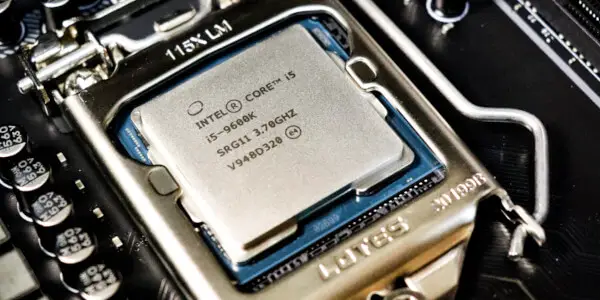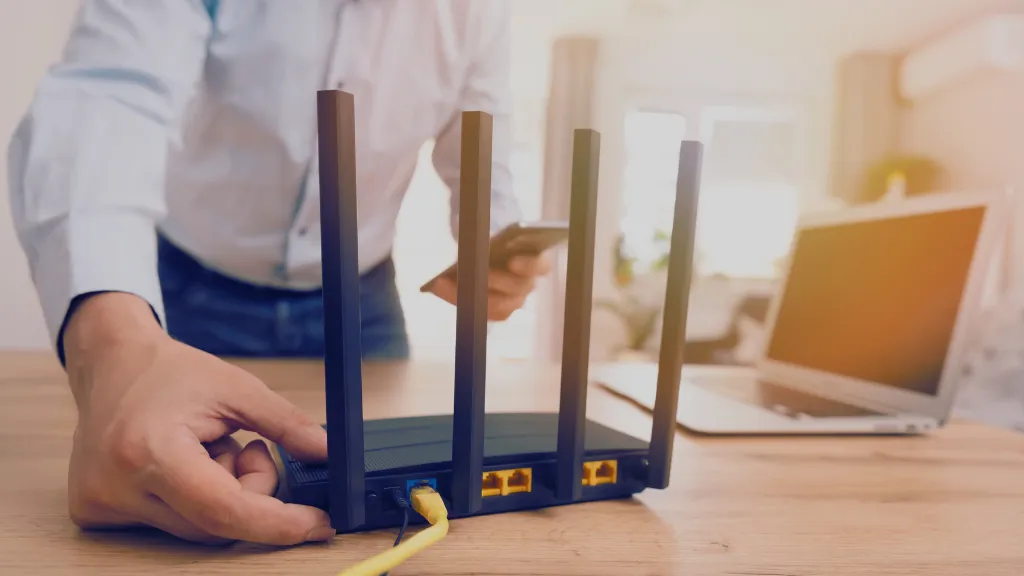As a technology enthusiast, I’m sure you’ve asked yourself why laptops are usually more expensive than desktop computers with comparable power and features.
After all, both types of computers can perform similar tasks and be equipped with similar components, so why is there such a price difference?
In this article, I’ll explore the factors that contribute to the higher cost of laptops, including differences in the components (such as the CPU, GPU, RAM, and storage drives), as well as other factors that affect the price of laptops.
The Components of a Laptop
To understand why laptops are typically more expensive than desktop computers, it’s helpful first to understand the differences in the components that go into each type of computer.
CPU (Central Processing Unit)

The CPU, or central processing unit, is the computer’s ” brain ” responsible for executing instructions and performing calculations. Laptops and desktop computers can be equipped with a wide range of CPUs, ranging from entry-level to high-end models with multiple cores and high clock speeds.
One factor contributing to the higher cost of laptops is that laptop CPUs tend to be more expensive than their desktop counterparts.
This is due, in part, to the fact that laptop CPUs have to be designed to fit within a smaller form factor and consume less power, which adds complexity and cost.
GPU (Graphics Processing Unit)
The GPU, or graphics processing unit, renders images and video on the computer’s display. Like the CPU, laptops and desktop computers can be equipped with various GPUs, from entry-level to high-end models, with dedicated VRAM and multiple cores.
One factor contributing to the higher cost of laptops is that laptop GPUs tend to be more expensive than their desktop counterparts. This is because laptop GPUs must be designed to fit within a smaller form factor and consume less power, adding complexity and cost.
RAM (Random Access Memory)
RAM, or random access memory, is used by the computer to store data actively used or accessed by the CPU. Laptops and desktop computers can be equipped with a wide range of RAM, from 4GB to 64 GB.
In general, the amount of RAM a computer has will not significantly impact the price difference between laptops and desktop computers.
However, it’s worth noting that laptops are generally limited to a smaller amount of RAM due to space and power constraints, which could impact their performance in specific tasks.
Storage Drives
The storage drive, or hard drive, is where the computer stores data and programs when they are not in use. Laptops and desktop computers can be equipped with various storage drives, including hard drives, solid-state drives (SSDs), and hybrid drives.
One factor contributing to the higher cost of laptops is that laptop storage drives tend to be more expensive than their desktop counterparts. This is because laptop storage drives have to be designed to fit within a smaller form factor and consume less power, which adds complexity and cost.
Other Factors That Affect the Price of Laptops
In addition to the differences in the components of laptops and desktop computers, several other factors can affect the price of laptops.
Size and Portability
One of the most apparent differences between laptops and desktop computers is that laptops are portable, while desktop computers are not. This portability comes at a cost, as laptops must be designed and built to be small, lightweight, and durable enough to carry around.
This added design and engineering complexity, as well as the use of more durable and lightweight materials, can contribute to the higher cost of laptops.
In addition to the cost of designing and building a portable computer, there is also the added cost of the components that enable portability, such as the battery and display.
Laptop batteries are generally more expensive than their desktop counterparts due to the need for a high-capacity battery to power the laptop for a more extended period.
Similarly, laptop displays are generally more expensive than their desktop counterparts due to the need for a high-quality display that can provide a good viewing experience in various lighting conditions.
Display
As I mentioned earlier, laptop displays are generally more expensive than their desktop counterparts due to the need for a high-quality display that can provide a good viewing experience in various lighting conditions.
In addition to the cost of the display itself, there is also the added cost of the hinges and other hardware necessary to enable the laptop’s display to be folded down when it is not in use.
Keyboard and Touchpad
Laptops are equipped with a keyboard and touchpad, which allow the user to input data and control the computer.
These components are generally more expensive on a laptop than on a desktop computer due to the need for a compact and lightweight design that can withstand the wear and tear of being carried around.
Other Features
Laptops can also be equipped with various other features contributing to their higher cost. For example, many laptops are equipped with a webcam, microphone, and speakers, which allow the user to participate in videoconferencing and other online activities.
Laptops can also be equipped with a range of connectivity options, such as WiFi, Bluetooth, and cellular data, which enable the user to connect to the internet and other devices while on the go.
Conclusion
As you can see, some factors contribute to the higher cost of laptops compared to desktop computers with comparable power and features. From the differences in the components to the added cost of size and portability to the added cost of other features, many factors contribute to the higher price of laptops.
While laptops may be more expensive, they offer convenience and flexibility that is hard to beat. With a laptop, you can take your computer with you wherever you go and use it to stay connected and productive no matter where you are.
Whether you’re a student, a professional, or a casual user, there is a laptop out there that will meet your needs and budget.





